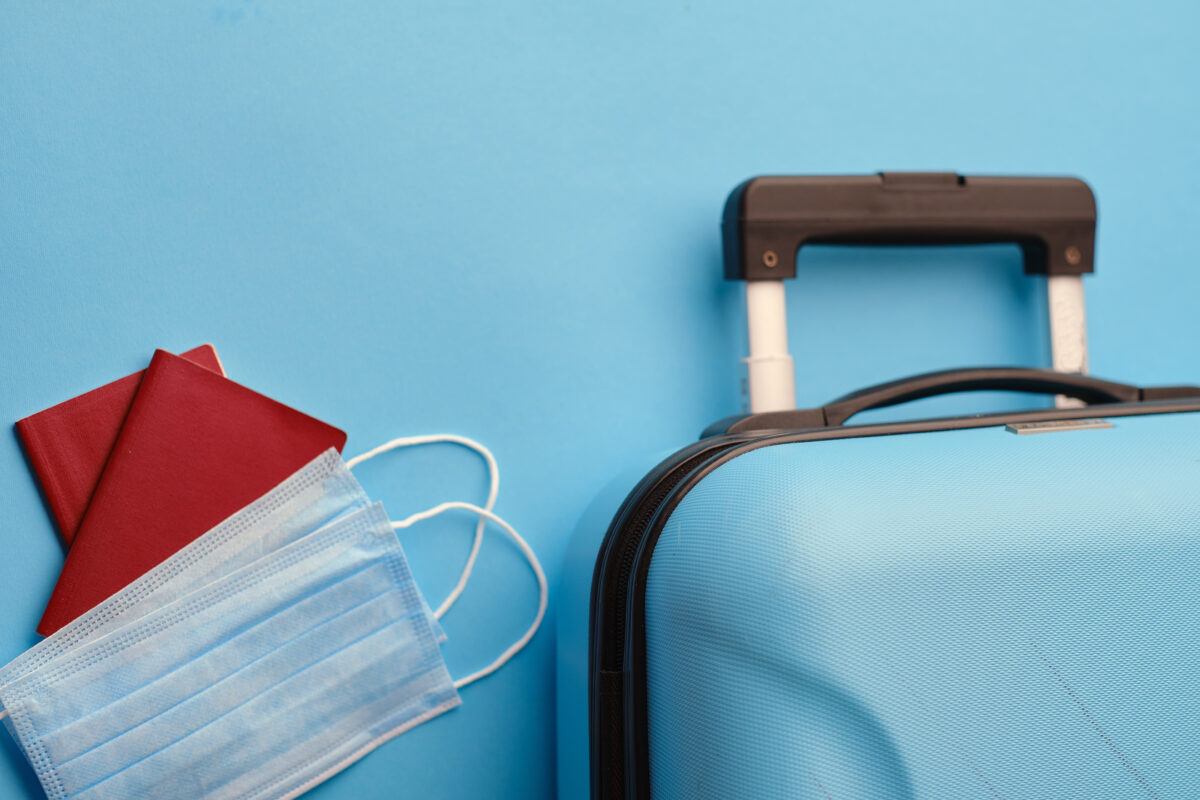Amidst an unprecedented staffing shortage, the last thing facilities can afford is more turnover. Hospitals, physicians offices, long term care centers, and more are looking for ways to keep all their best talents satisfied and working for them. Sadly, the staffing shortage is not ending anytime soon. The proper retention strategy can mean the difference between continued success, and certain demise over the long term. If facilities want to look towards retaining their best nurses, doctors, and staff, they need to consider employing these forward thinking retention strategies.
Take on temporary staff
The staffing shortage puts tremendous pressure on the HCPs that remain in the industry. Inadequate staffing levels means that staff is stretched out between a larger number of patients. This increased workload contributes to the burnout, fatigue, and depression that has contributed to HCPs leaving the industry altogether.
While a stopgap solution, temporary staffing is a solution nonetheless. It eases the burden on existing HCP staff, allowing them to work more efficiently and without as much pressure. When you get per diem HCPs from VitaWerks, you can fill in short notice vacancies in a matter of hours. Browse our database of highly qualified HCPs, and find the best fit for your facility. Ease the burden on your full time staff and book with VitaWerks today.
Provide meaningful incentives
Useful benefits and incentives is an effective way to convince your top HCPs to stay. Satisfied healthcare workers are more productive and more likely to stay with your community. A good, fair salary is one way to retain top HCP talent but it is not the only way. A comprehensive benefits package that includes medical coverage will make HCPs feel safe and protected, while they work with you.
Providing continued support for their professional development and continuing education is also a must. Most HCPs are working towards higher healthcare positions in the future. Offering monetary support and educational resources is the perfect way to show that you are committed to their growth and further improvement in this industry. This will seem like a significant investment in the moment, but it is well worth it over the long term.
Protect your staff from burnout
As was touched on earlier, burnout has been cited as the major contributing factor for why HCPs have decided to leave the industry altogether. Facilities must take it upon themselves to protect their staff from the risk of burnout. Maintaining adequate staffing levels is key, as it would keep HCPs from overworking or overextending themselves. The scope of their duties should be narrowly focused towards actual patient care, as well. They have enough on their plate, and ideally someone else should take on the administrative responsibilities. Offering mental health resources and support, when the burnout is inevitable is also key. Investments must be made to protect our healthcare heroes.
Show your gratitude
This may seem like a minor point, but it is arguably the most important. Studies have shown that HCPs feel like their superiors and patients do not perceive them as human. They are admonished for all the little mistakes and given no credit for their successes. This lack of gratitude has been a major catalyst for the turnover that the healthcare industry has seen, over the last few years.
HCPs leave because they do not feel valued by the people around them. Creating a positive culture of gratefulness and mutual respect is vital to counteracting this. Managers and fellow staff alike must make an effort to show the HCPs under them that their work is seen and appreciated. When it is made a habit, a positive culture can be fostered and staff will feel more welcome by their workplace surroundings.













